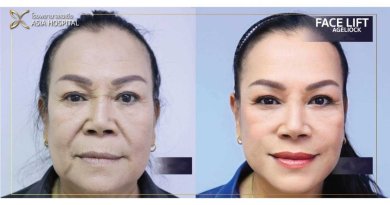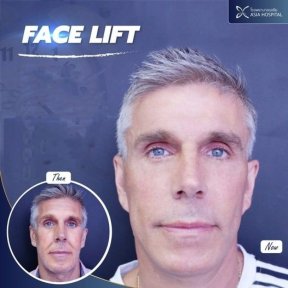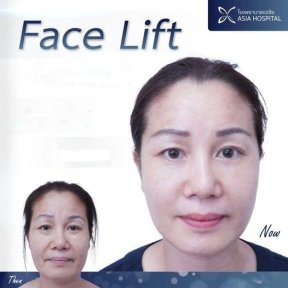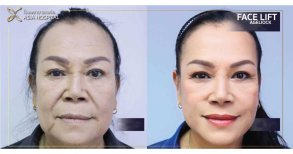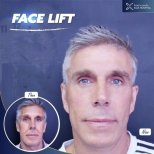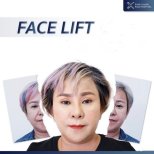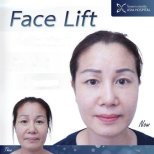Доктор Танаком Лайсакулдың пластикалық хирургия саласында 27 жылдық тәжірибесі бар және ол 900-ден астам deep plane әдісімен бетке лифтинг жасаған. Премиум пакеттің құны шамамен 5 500 $ құрайды — әдетте оған ота, ауруханада 2 түн, қонақ үйде 2 түн болу, ота алдындағы талдаулар, дәрі-дәрмектер және 6 айлық бақылау кіреді. ISAPS мүшесі ретінде доктор Лайсакул JCI аккредитациясынан өткен және «Азия-Тынық мұхиты аймағындағы 2023 жылдың үздік бет лифтингі клиникасы» атағын алған Asia Cosmetic Hospital клиникасында ота жасайды.
